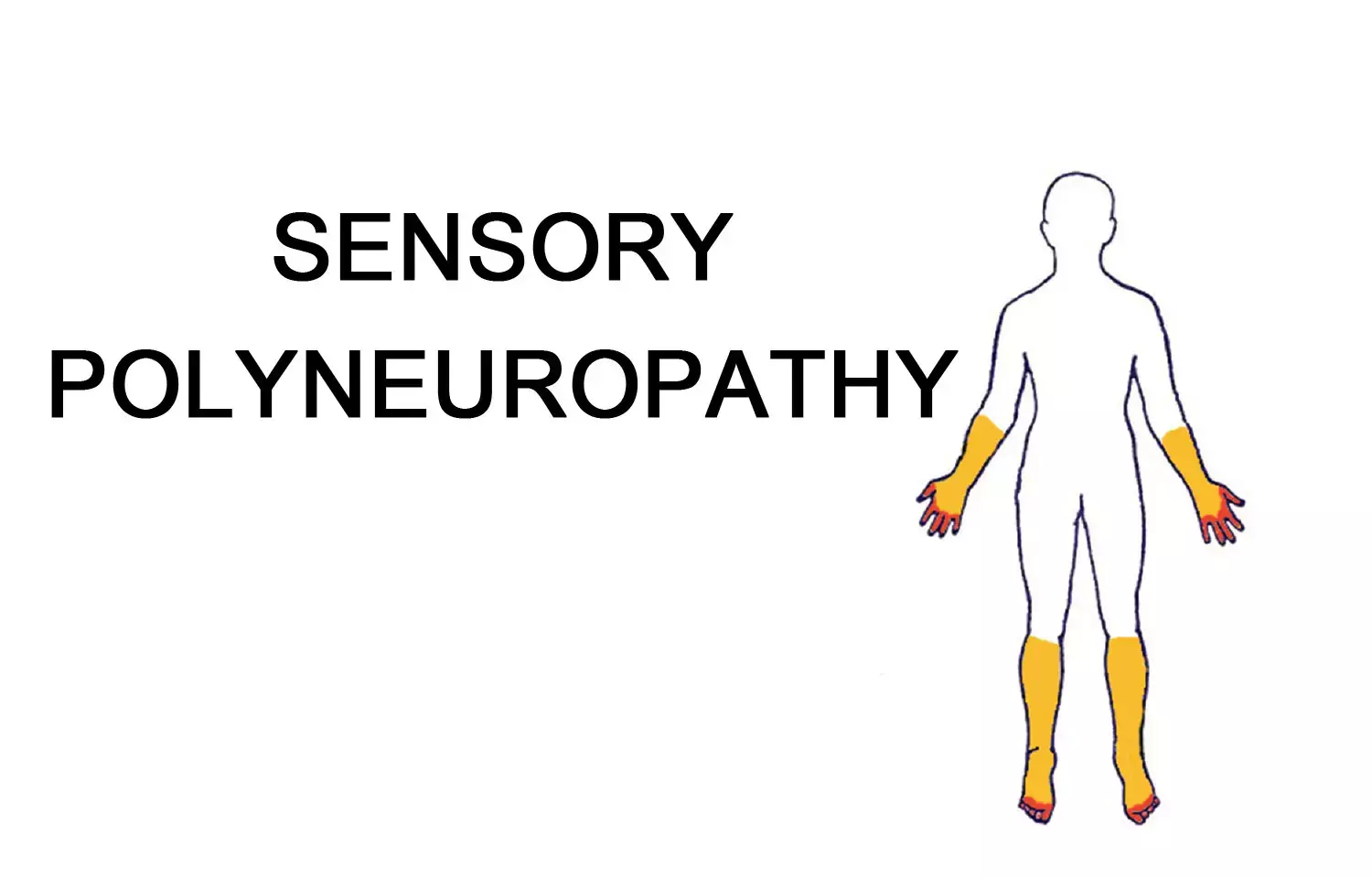- Home
- Medical news & Guidelines
- Anesthesiology
- Cardiology and CTVS
- Critical Care
- Dentistry
- Dermatology
- Diabetes and Endocrinology
- ENT
- Gastroenterology
- Medicine
- Nephrology
- Neurology
- Obstretics-Gynaecology
- Oncology
- Ophthalmology
- Orthopaedics
- Pediatrics-Neonatology
- Psychiatry
- Pulmonology
- Radiology
- Surgery
- Urology
- Laboratory Medicine
- Diet
- Nursing
- Paramedical
- Physiotherapy
- Health news
- Fact Check
- Bone Health Fact Check
- Brain Health Fact Check
- Cancer Related Fact Check
- Child Care Fact Check
- Dental and oral health fact check
- Diabetes and metabolic health fact check
- Diet and Nutrition Fact Check
- Eye and ENT Care Fact Check
- Fitness fact check
- Gut health fact check
- Heart health fact check
- Kidney health fact check
- Medical education fact check
- Men's health fact check
- Respiratory fact check
- Skin and hair care fact check
- Vaccine and Immunization fact check
- Women's health fact check
- AYUSH
- State News
- Andaman and Nicobar Islands
- Andhra Pradesh
- Arunachal Pradesh
- Assam
- Bihar
- Chandigarh
- Chattisgarh
- Dadra and Nagar Haveli
- Daman and Diu
- Delhi
- Goa
- Gujarat
- Haryana
- Himachal Pradesh
- Jammu & Kashmir
- Jharkhand
- Karnataka
- Kerala
- Ladakh
- Lakshadweep
- Madhya Pradesh
- Maharashtra
- Manipur
- Meghalaya
- Mizoram
- Nagaland
- Odisha
- Puducherry
- Punjab
- Rajasthan
- Sikkim
- Tamil Nadu
- Telangana
- Tripura
- Uttar Pradesh
- Uttrakhand
- West Bengal
- Medical Education
- Industry
Nortriptyline most effective drug for sensory polyneuropathy, reveals JAMA study

Researcher from the University of Missouri School of Medicine and MU Health Care led a first-of-its-kind prospective comparative effectiveness study to find most effective drugs for sensory polyneuropathy. The research revealed that Nortriptyline was most effective drug for sensory polyneuropathy. The findings of the study have been published in the Journal of American Medical Association.
More than 20 million people in the U.S. suffer neuropathic pain. At least 25% of those cases are classified as unexplained and considered cryptogenic sensory polyneuropathy (CSPN).
The study compared four drugs with different mechanisms of action in a large group of patients with CSPN to determine which drugs are most useful for this condition. The study involved 40 sites and enrolled 402 patients with diagnosed CSPN who were 30 years or older and reported a pain score of four or greater on a 10-point scale.
Participants were prescribed one of four medications commonly used to treat CSPN: nortriptyline, a tricyclic antidepressant; duloxetine, a serotonin-norepinephrine reuptake inhibitor; pregabalin, an anti-seizure drug; or mexiletine, an anti-arrhythmic medication. Patients took the prescribed treatment for 12 weeks and were evaluated at four, eight and 12 weeks. Any participant who reported at least a 50% reduction in pain was deemed as demonstrating an efficacious result. Patients who discontinued the treatment drug because of adverse effects were also measured.
"This study went beyond whether the drug reduced pain to also focus on adverse effects," said Richard Barohn, MD, lead researcher and executive vice chancellor for health affairs at the University of Missouri. "As the first study of its kind, we compared these four drugs in a real-life setting to provide physicians with a body of evidence to support the effective management of peripheral neuropathy and to support the need for newer and more effective drugs for neuropathic pain."
Nortriptyline had the highest efficacious percentage (25%), and the second-lowest quit rate (38%), giving it the highest level of overall utility. Duloxetine had the second-highest efficacious rate (23%), and lowest drop-out rate (37%). Pregbalin had the lowest efficacy rate (15%) and Mexiletene had the highest quit rate (58%).
"There was no clearly superior performing drug in the study," Barohn said. "However, of the four medications, nortriptyline and duloxetine performed better when efficacy and dropouts were both considered. Therefore, we recommend that either nortriptyline or duloxetine be considered before the other medications we tested."
There are other nonnarcotic drugs used to treat painful peripheral neuropathy, including gabapentin, venlafaxine and other sodium channel inhibitors. Barohn said additional comparative effectiveness research studies can be performed on those drugs, so doctors can further build a library of data for the treatment of CSPN. His goal is to build effectiveness data on nearly a dozen drugs for CSPN.
for further references log on to:
Dr Kamal Kant Kohli-MBBS, DTCD- a chest specialist with more than 30 years of practice and a flair for writing clinical articles, Dr Kamal Kant Kohli joined Medical Dialogues as a Chief Editor of Medical News. Besides writing articles, as an editor, he proofreads and verifies all the medical content published on Medical Dialogues including those coming from journals, studies,medical conferences,guidelines etc. Email: drkohli@medicaldialogues.in. Contact no. 011-43720751


